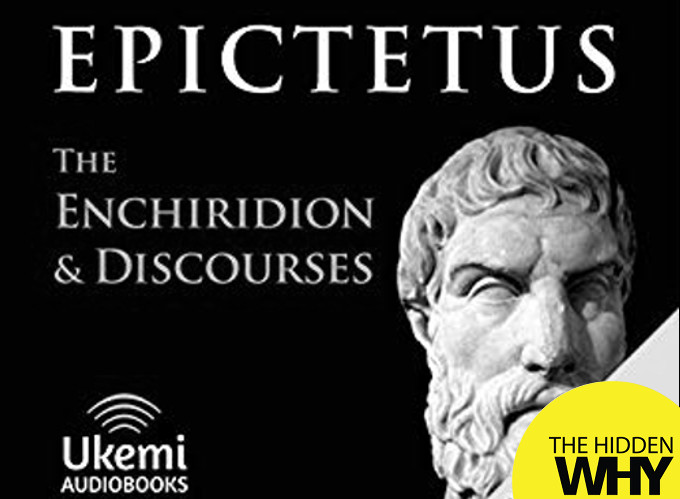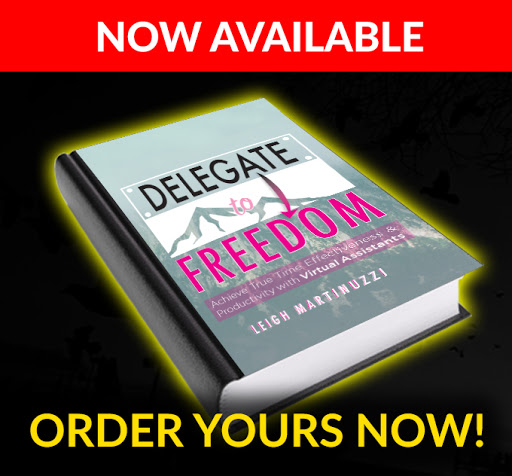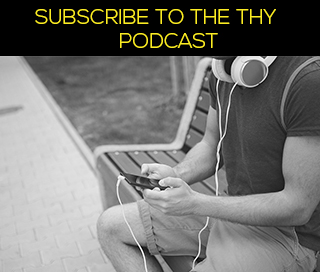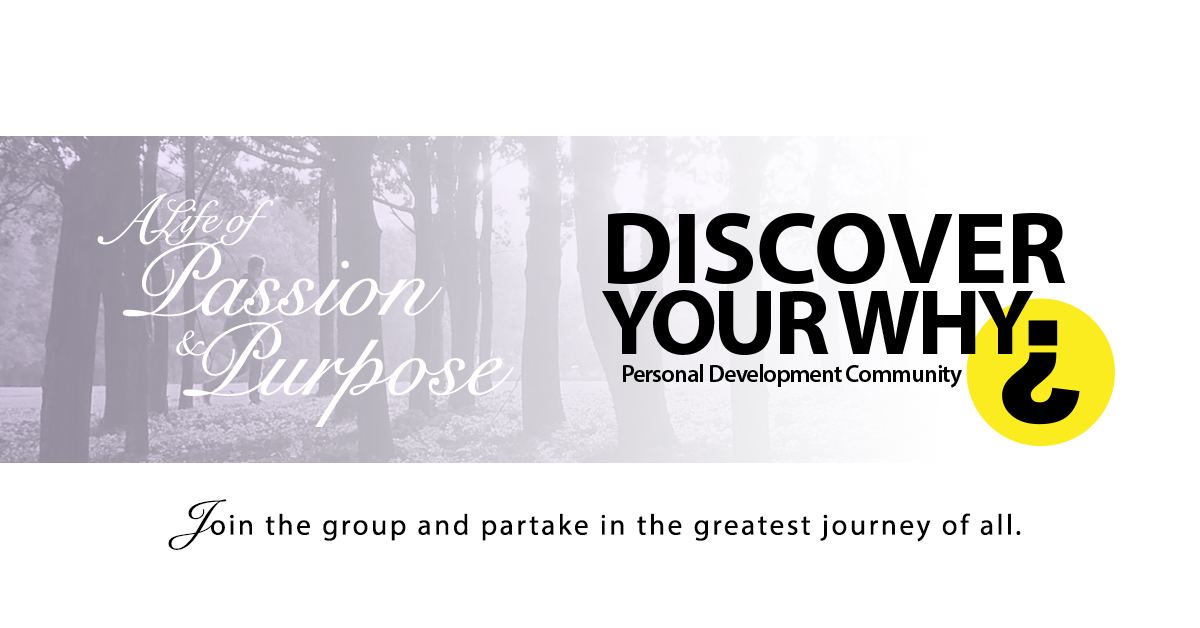
The Enchiridion & Discourses
by Haward B. Morse
Written by Leigh Martinuzzi
“There is only one way to happiness and that is to cease worrying about things which are beyond the power of our will.” Epictetus
Epictetus was a second-century stoic philosopher. Born a slave and raised within the Roman Empire. After his release from slavery, he found peace in Greece where is spent the remainder of his days.
This book is delivered in two parts, the first is short precepts, practical guides to the bulk of his work – The Enchiridion. The second part is the longer discourses of Epictetus. These writings are actually the works of his pupil Arrian.
Philosophy is a wonderful area of study. It is contemplative in nature that combines logic and reason to guide the quality of one’s life. That’s at least my take on it all. I believe science takes away some purpose of philosophy, however, is still limited to understanding the bigger picture of life.
Philosophy allows one to find greater self-awareness and knowledge. It is purposeful for understanding the power of the mind and letting go of what is outside one’s control, which I suppose is mostly everything other than opinions and principles about good and evil, right and wrong. Essentially this is the work of Epictetus.
I have written thoughts on stoicism in the past and find it to be a very healthy practice and field of contemplation. As Tim Ferriss says it’s a great operating system for life. I couldn’t agree more. Stoicism is being able to endure the dualisms of life, pleasure and pain, without noticeable feelings of satisfaction or suffering.
As Epictetus suggests we are responsible for our actions and for that reason we should continue to form a high level of self-discipline. With a belief that most things are outside our control we should, therefore, accept whatever happens to us in life calmly and dispassionately.
The quality of life and our state of happiness is subject to our opinions and principles. Desires, for example, enslave us and perhaps do very little for our ultimate happiness. If we wish to free ourselves and find good opinions and principles to be guided by then we must ask questions and search for the correct answers and the best available space for us to do so is by purifying the mind.
Stoic philosophers in many respects have similar findings or opinions on how to live a life similar to the ideals practised within Buddhism. Find self-awareness through mindfulness training. Find improved self-knowledge through enquiry and contemplation. This is Epicureanism, a system of philosophy based on the teachings of Epictetus himself.
Like most philosophy I have come across, this book or audio content is best consumed in bite-size chunks. I am guilty of not adhering to my own advice. I will, however, be listening to it slowly a second time. I probably didn’t enjoy it on as many levels as I did the The Tao of Seneca
, volume one or even The Daily Stoic by Ryan Holiday. The concepts were easier to distract compared to this book. Nonetheless, it is still superb thought to consider.
The benefits of The Enchiridion are that it is a little less heavy and easy to absorb. The word Enchiridion essentially means handbook or manual. Apparently, Arrian wrote word for word the teachings of Epictetus to compile this book with an opinion that such philosophy is a perfect solution to finding freedom and happiness in life. The discourses are more thorough.
Philosophy seeks to understand the rules or principles that then guide our lives. The morals and values that if acted upon with a good level of self-discipline and integrity may have us in a more constant state of satisfaction. Unmoved by the suffering we might face nor excited by the pleasures we may receive.
Philosophy looks at such “rules” or doctrines and instead of simply accepting them moves further by asking why, why do such things, thoughts, notions, principles exist? With applied logic and good reasons for such rationality, we can then accept or remove such opinions or principles from having any level of necessity in our life. I am no philosopher, but my curiosity does indeed have me continually asking questions – my goal is ultimately happiness.
If philosophy is your game I am sure you’ll enjoy this book.
The essence of philosophy is that a man should so live that his happiness shall depend as little as possible on external things. Epictetus
If this book sounds of interest you can purchase The Enchiridion & Discourses
here.
Please leave your thoughts, comments & questions below.
Peace, passion and purpose…
Other books that you may enjoy.
.
Further Reading and Resources
TED Talks: Ideas worth spreading
Elite Daily: The Voice of Generation Y
Four Hour Work Week: How to escape the 9-5, live anywhere and join the new rich.
The Minimalists: How to pursue a minimalist lifestyle and be happier.
Mind Hacks: Tips and Tricks for Using Your Brain
Rich Roll: Plantpowered Wellness Advocate
The Art of Charm: Build confidence, feel comfortable and networking differently.
The Art of Manliness: Encouraging men to be better husbands, fathers, brothers, citizens.
Tiny Buddha: Simple wisdom for complex lives.
Mind Body Green: Lifestyle media brand dedicated to inspiring you to live your best life.
Zen Habits: Find simplicity and mindfulness in life.
Creative NonFiction: “true stories well told.”
Barking Up the Wrong Tree: science-based answers and expert insight on how to be awesome at life.
The Positivity Blog: Practical articles on happiness, self-esteem, productivity and social skills.
FIND YOUR HIDDEN WHY with THE HIDDEN WHY (THW)
BUILD YOUR LIFE AROUND YOUR PASSION AND LIVE WITH PURPOSE
Sign up for free below and receive cool stuff from me each week + Plus a free copy of “The Four Pillars of Success”
In my weekly emails you will receive ideas, thoughts, learning’s and inspiration on:
- How to design a life that you want and live by your terms
- How to live a life with passion & purpose
- Methods, strategies, & techniques on life hacks
- Messages on how to better live your life
- We will also keep you up to date with fantastic interviews from THW podcast













Leave a Reply